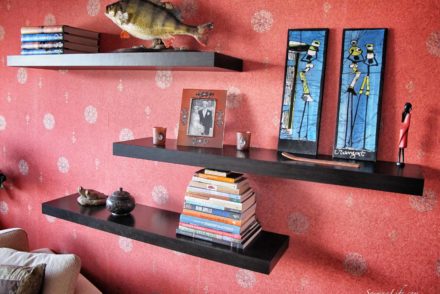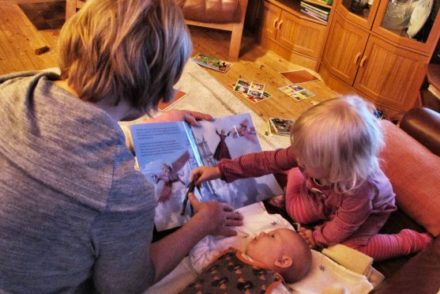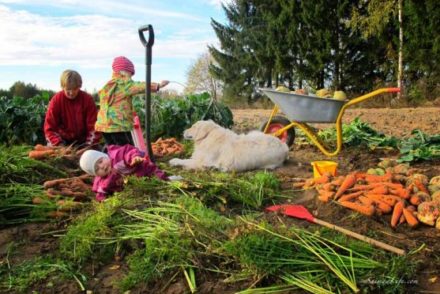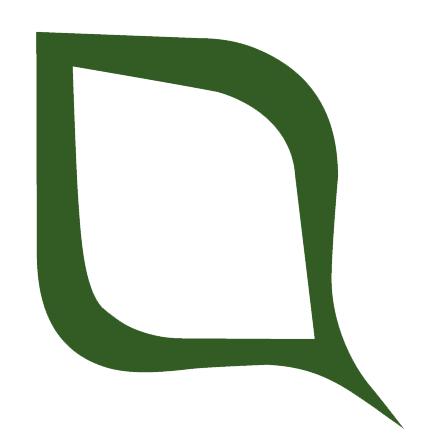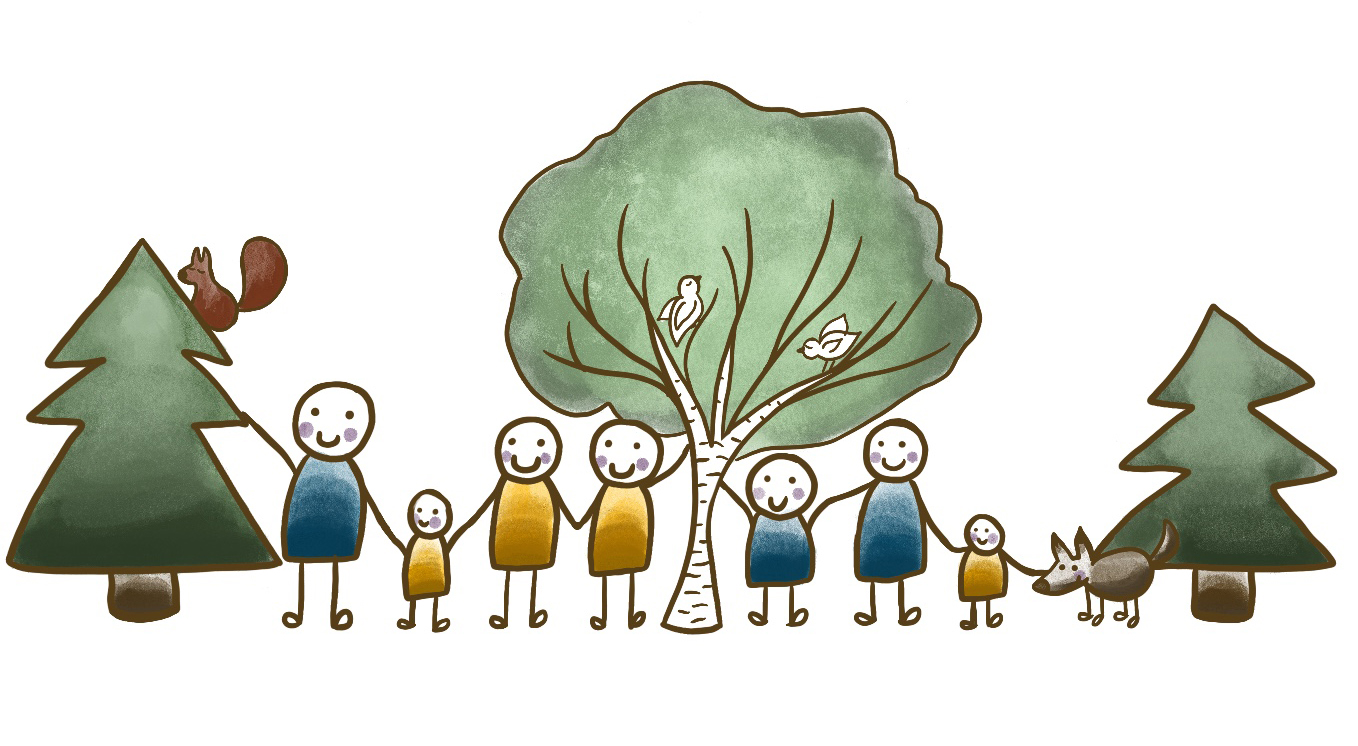Our everyday life is full of work and different kinds of duties. But lately, I’ve been thinking how often we have a long, too long, “To do” -list also for our free time and even holidays?
How often we do too much voluntarily?
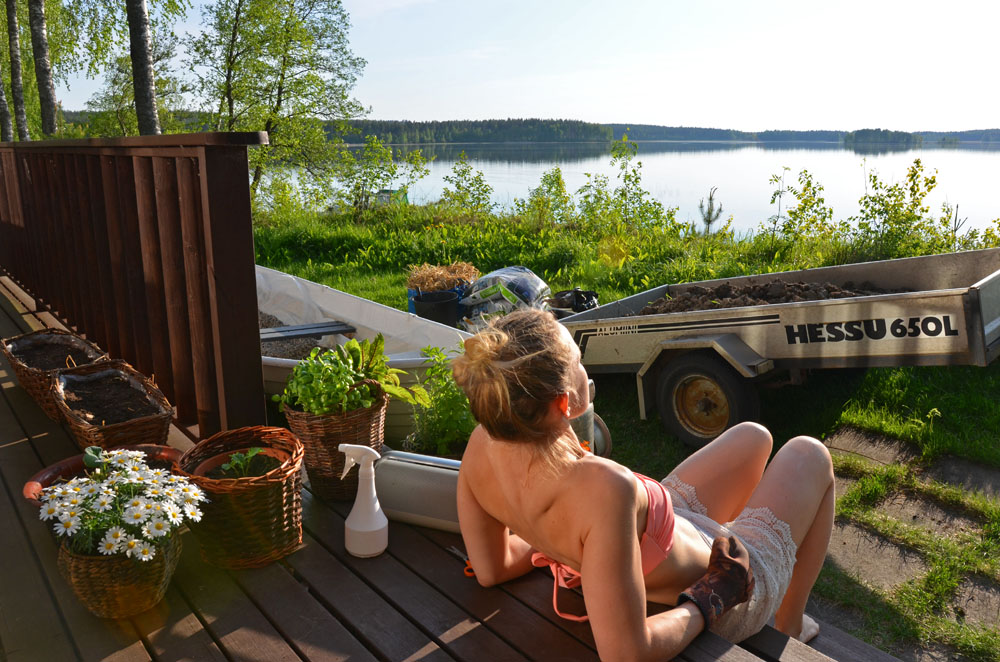 My home country is full of summer cottages where people spend their free time and holidays.
My home country is full of summer cottages where people spend their free time and holidays.
However there is also another name for the Finnish cottages; it is “work camps”.
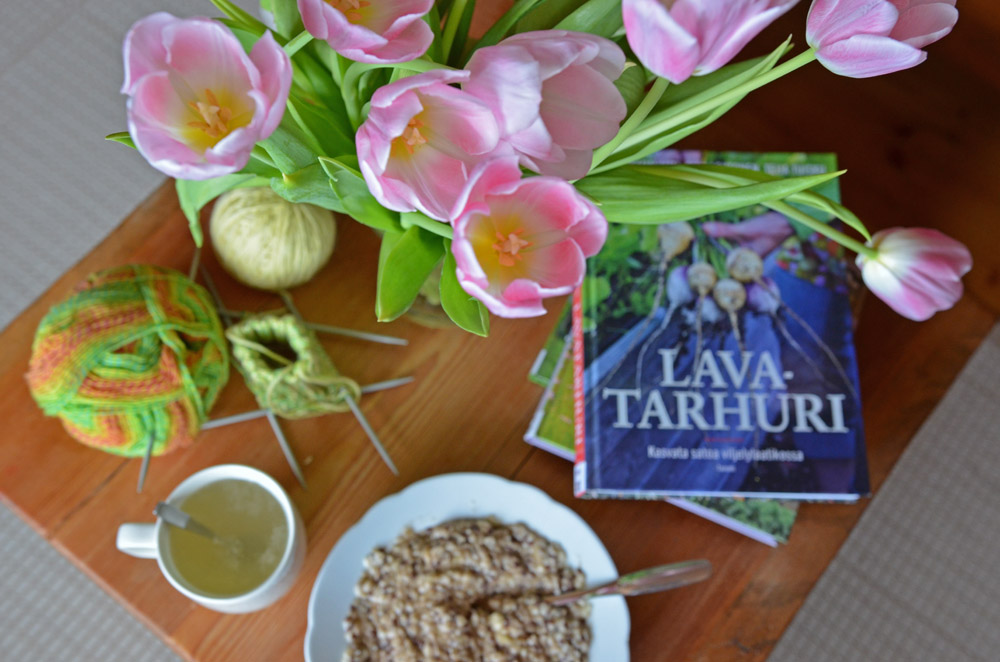 One day last summer I found myself thinking about that name. I ended up making a painful realization about myself; my attitude to free time was pretty much the same as to work.
One day last summer I found myself thinking about that name. I ended up making a painful realization about myself; my attitude to free time was pretty much the same as to work.
My whole life had basically been one big work camp.
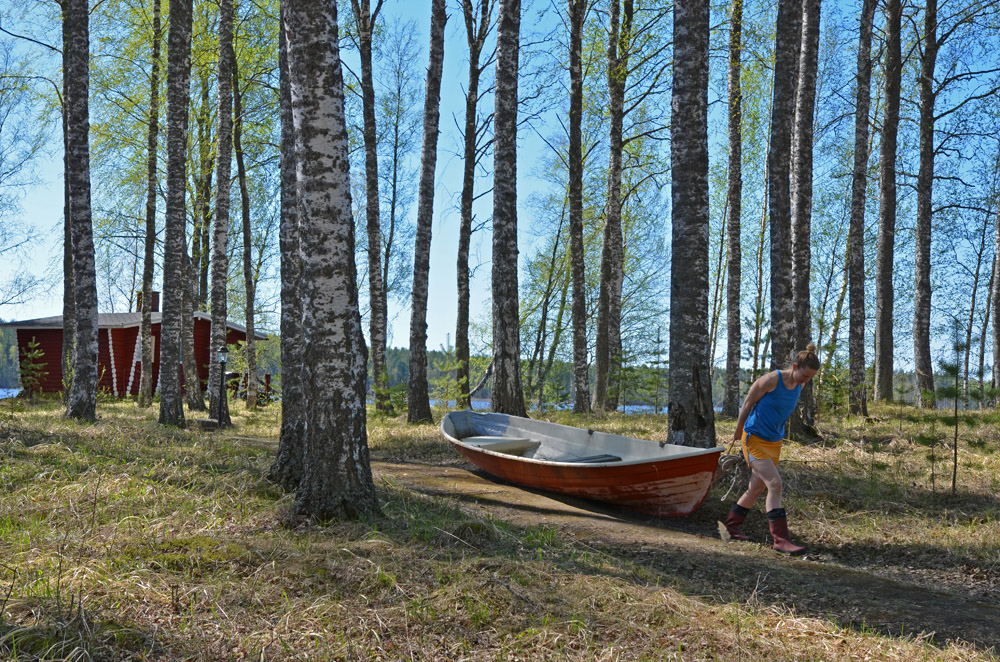
Both my work and free time had been full of doing things instead of enjoying things in it.
I had always thought that I enjoy when I am ready. But that “ready” had never come.
Or when I finally had been ready with something, I had no time or I was too tired to enjoy the result of my work.
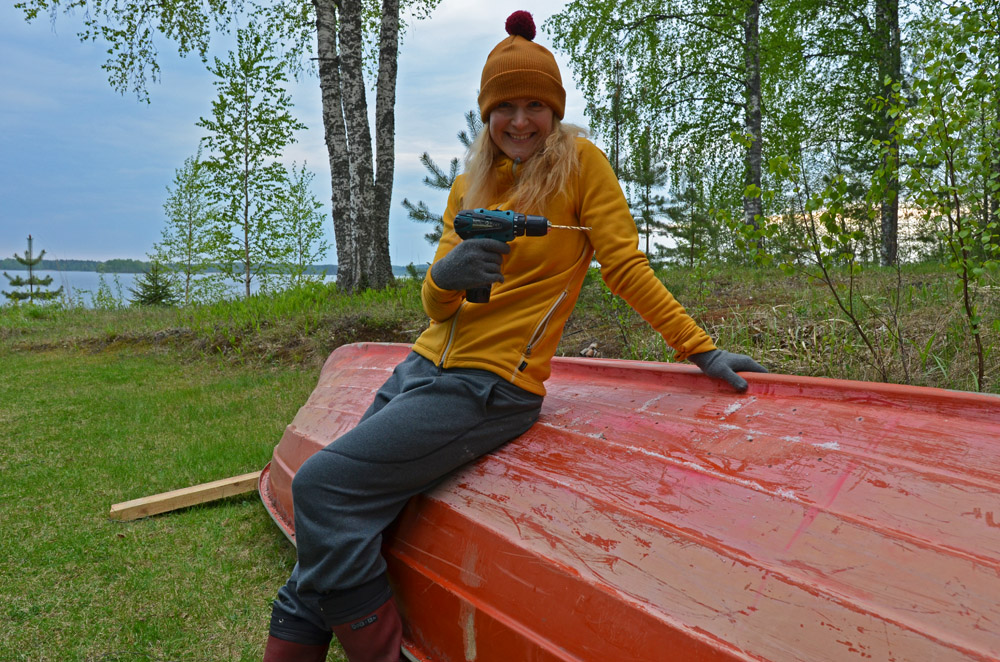
Few years ago I wrote a post about my burnout. Last summer I realized that it’s not actually true that I’ve burned myself out once; truth is that I’ve been exhausted most of my adulthood.
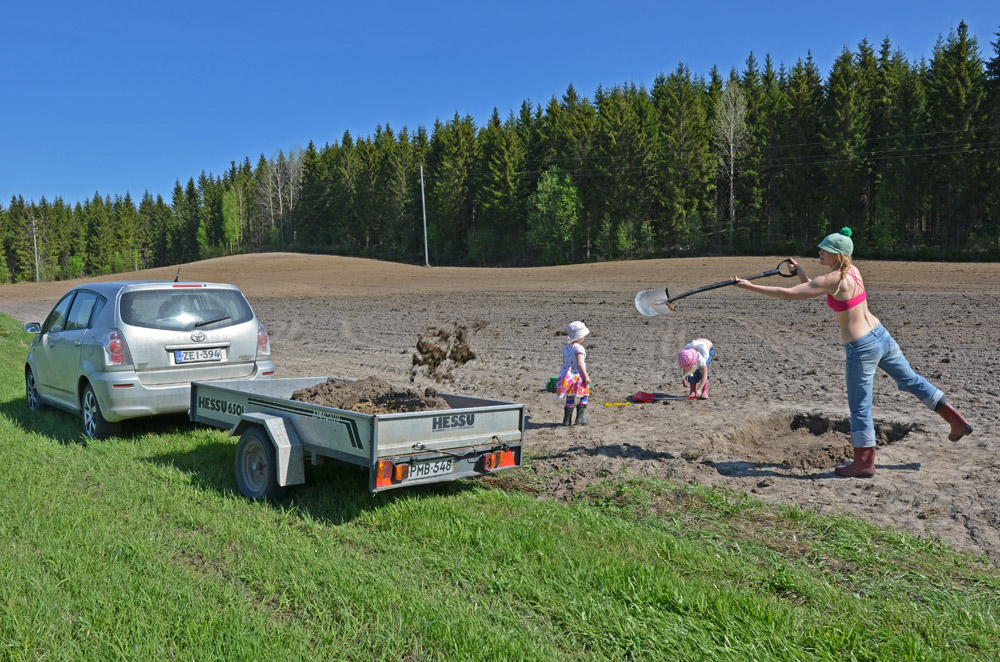
During my depression I remember saying to my psychologist:
“I’ve always rested a minimum amount of time so that I’ve been able to keep on working again. I’ve felt that I need to do all the time something. Like I’m not allowed to just be.”
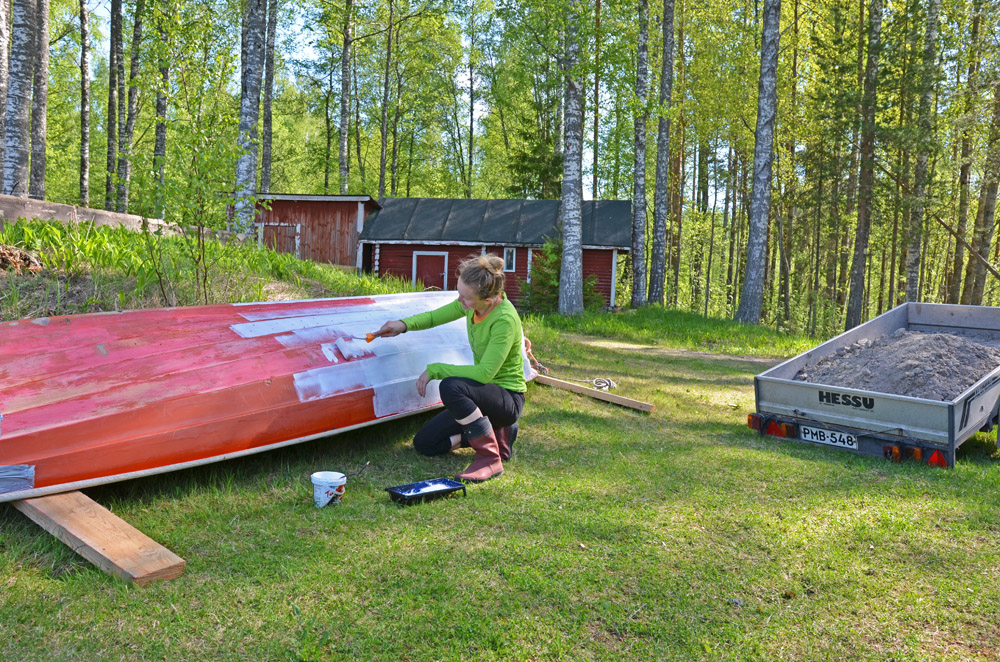
Therapy gives you the knowledge to understand the reasons, like cultural, social and personal reasons, behind your behavior. It also gives you tools to make the change for better in your life.
But in the end, it’s up to you and your persistence whether you are able to really change your behavior. Put the knowledge into action so to speak.
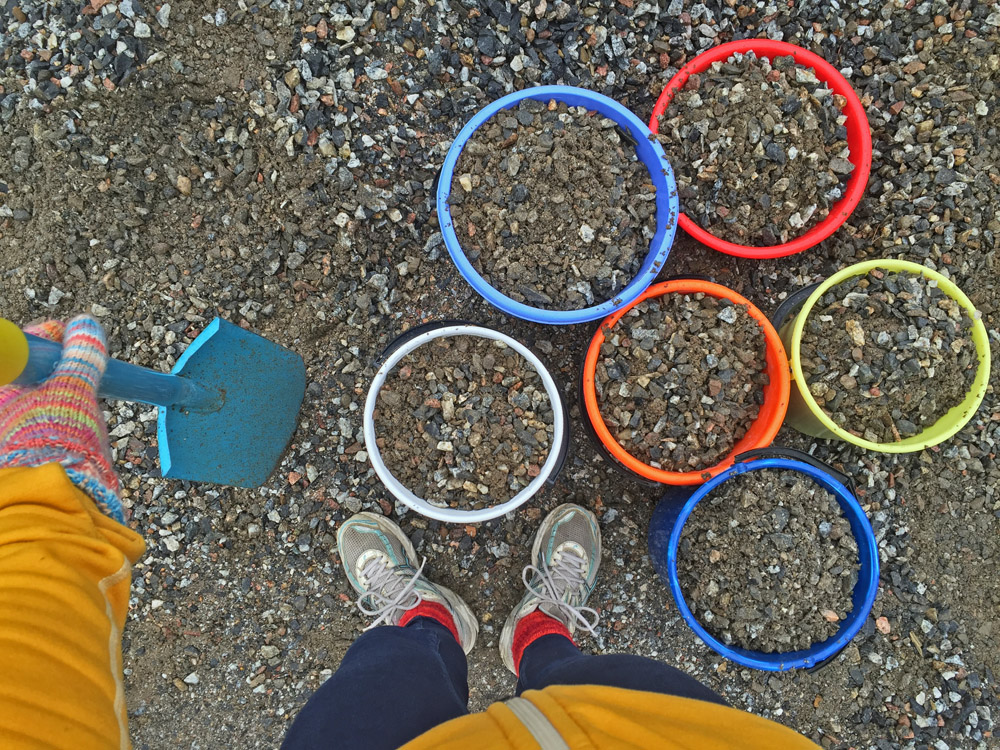
When my therapy ended I was on my own. Soon after that it became clear that there’s a danger that I fall back into my old bad habits.
That’s why in the beginning of this year, I made a decision:
I decided that I WILL NOT GO BACK to my old life. Instead I WILL LEARN to do less and enjoy more what I am doing.
One concrete thing was that I started consciously to learn to just be.
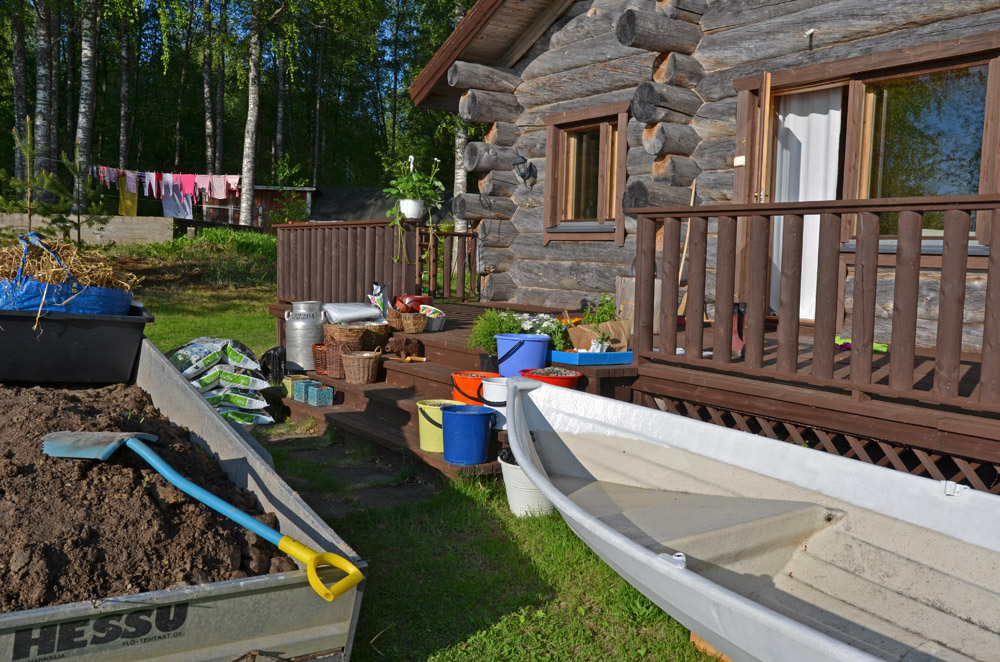
The beginning was hard. Over and over again, I noticed that I stopped doing only when I was already so tired that I had to stop.
The saddest thing was that it didn’t matter whether it was work or free time.
I was able to have a day off but free weekend brought me already the feeling of guilt. “I can’t waste time to just being.” I thought. 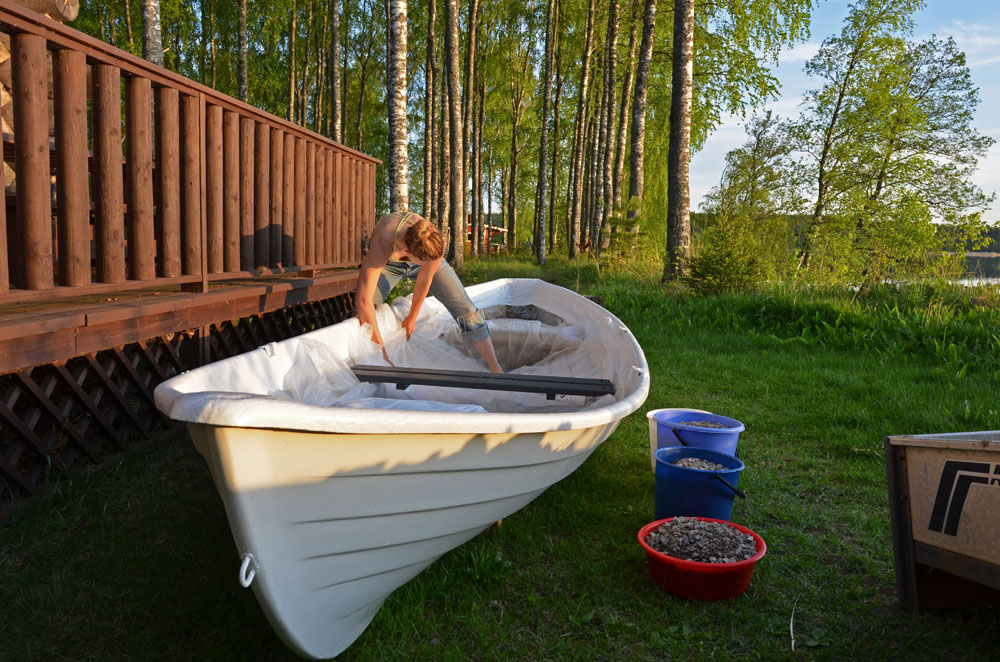
Then I took nature as my helper. Every time I noticed I had started to rush things and do too much I went outdoors and let the peaceful rhythms of nature slow me down.
It helped.
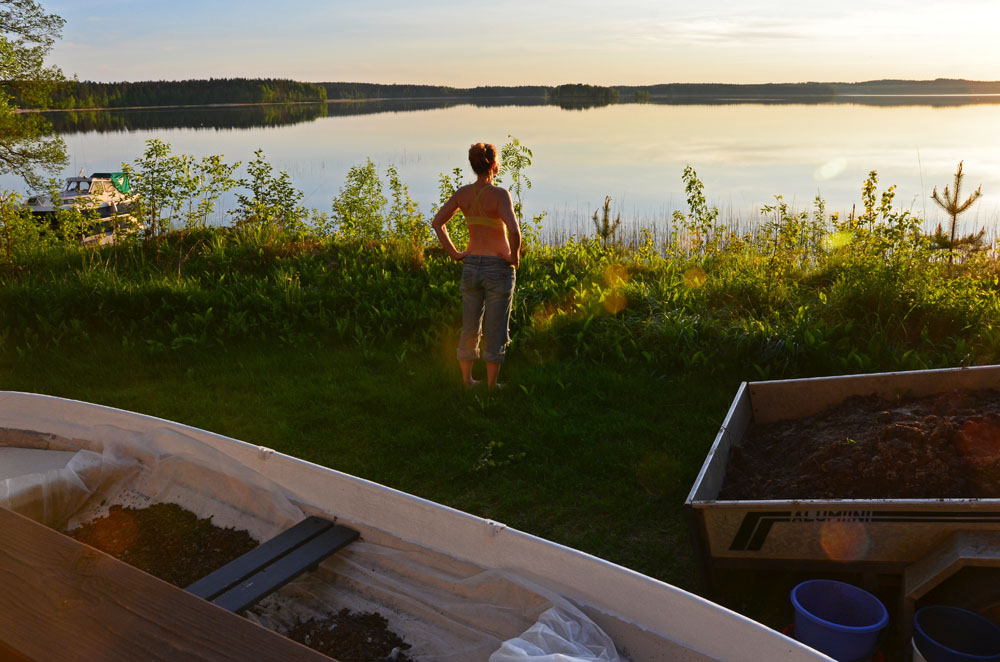
I also took inner speech as my helper.
“One thing at a time,
in your own rhythm
and breaks between”.
That sentence I developed and said to myself every time I multitasked and did things too much in a row.
That sentence combined with the more time spent surrounded by the peace of nature started to make changes in me.
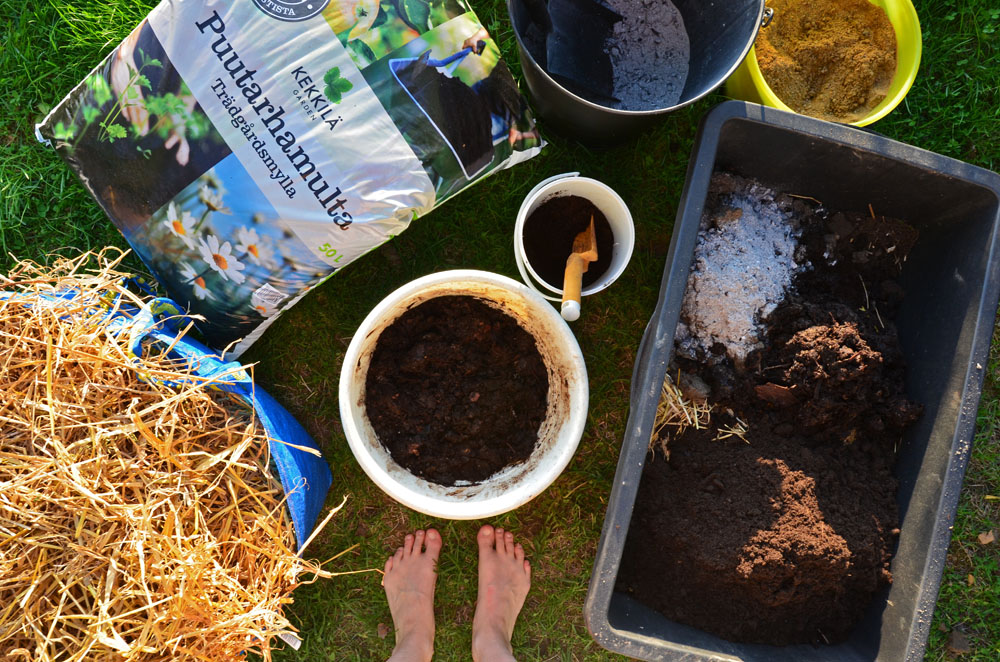
“Old me” would have just done things with the serious face from dawn to dusk. “New me” did things much more peacefully. “New me” smiled more and spent more free time without any “To do”-lists.
It had been difficult for the “old me” to just be for a minute. For “new me” 30 minutes was not a problem to just sit and admire the lake scenery.
Finally, the strange muscle and nerve pain disappeared too. It felt like some kind of subconscious stress had been finally gone from my life.
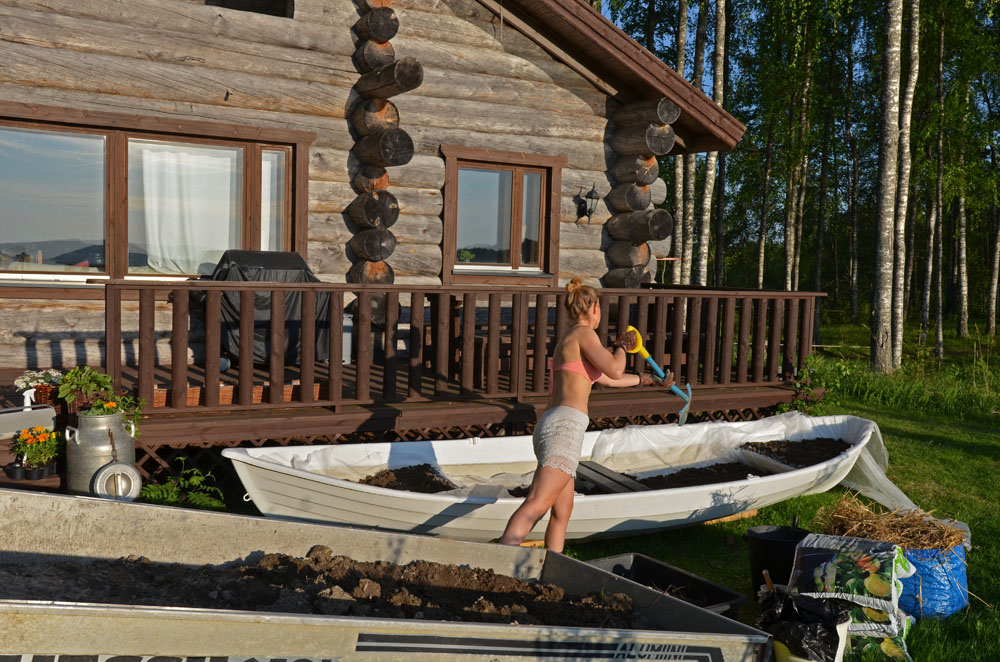
When the spring came I decided to test myself.
When I was planning vegetable garden I realized that I could make one from the broken boat that we had. I knew that it would be a big free time project in the middle of all the other work and free time projects. But I decided to do it anyway by following my new rule:
One thing at a time, in my own natural rhythm, and breaks between.
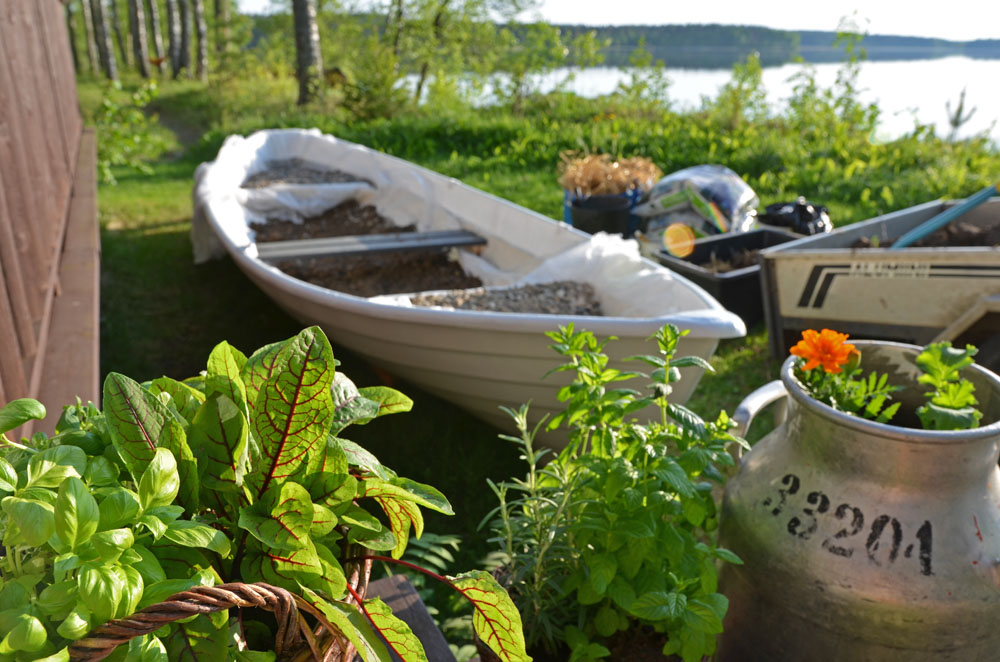
Like before I didn’t want to just keep my eye on the result and get there as soon as possible.
Now I wanted to do my project in a way that I could enjoy every step of it.
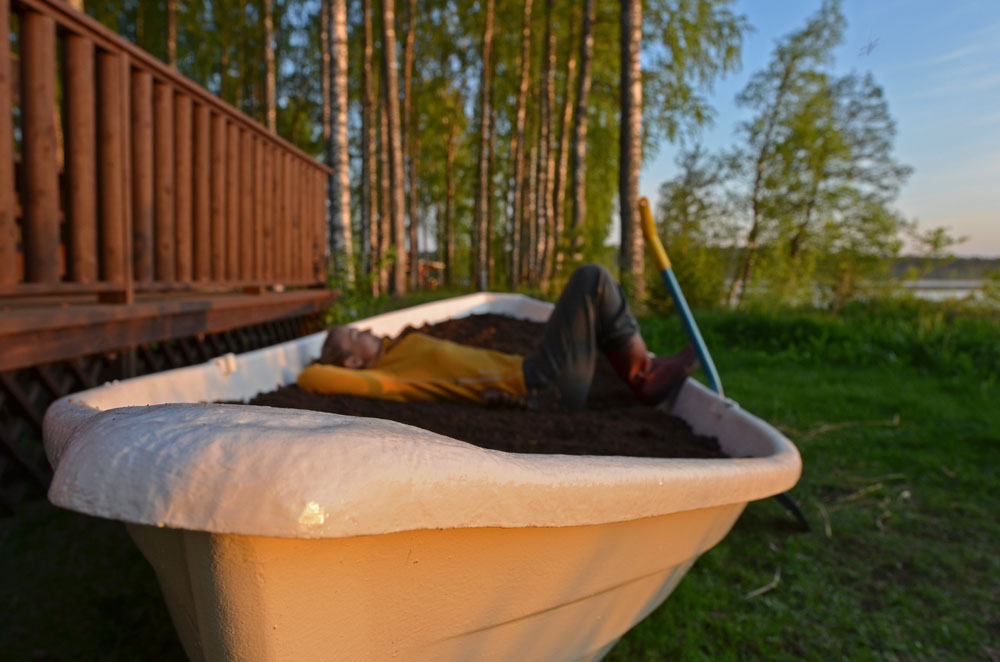
The whole project took almost a month but I did manage to do it with a new kind of attitude. More relaxed and enjoyable attitude.
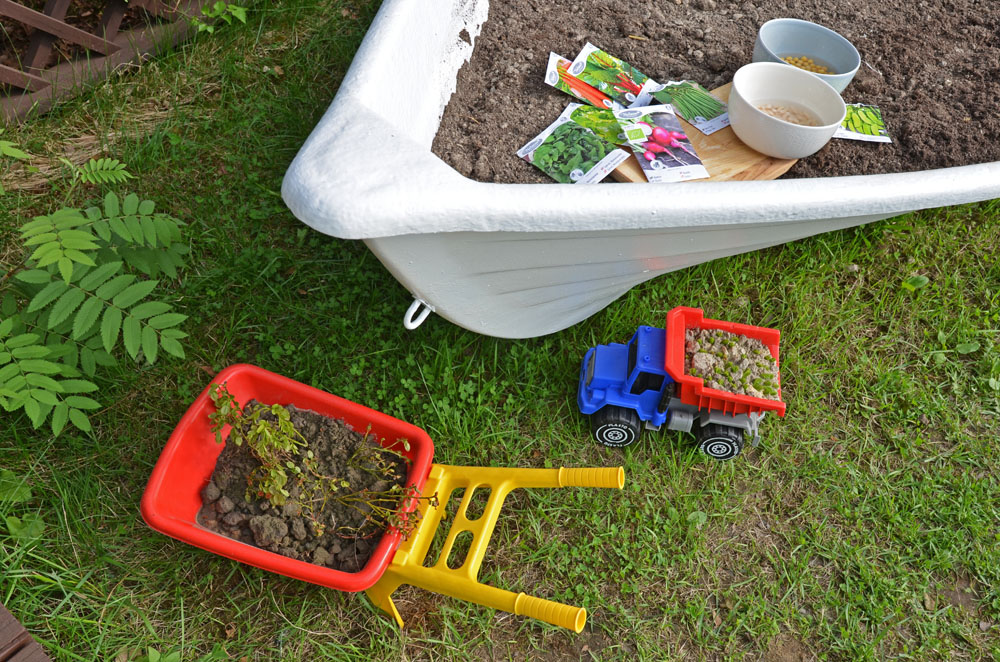
When I and the girls were planting the seeds, I thought how before that moment would have been the highlight of my project. Now, yes it was one highlight, but I remembered so many other highlights too.
I felt that I had really lived my project, not just ran through it.
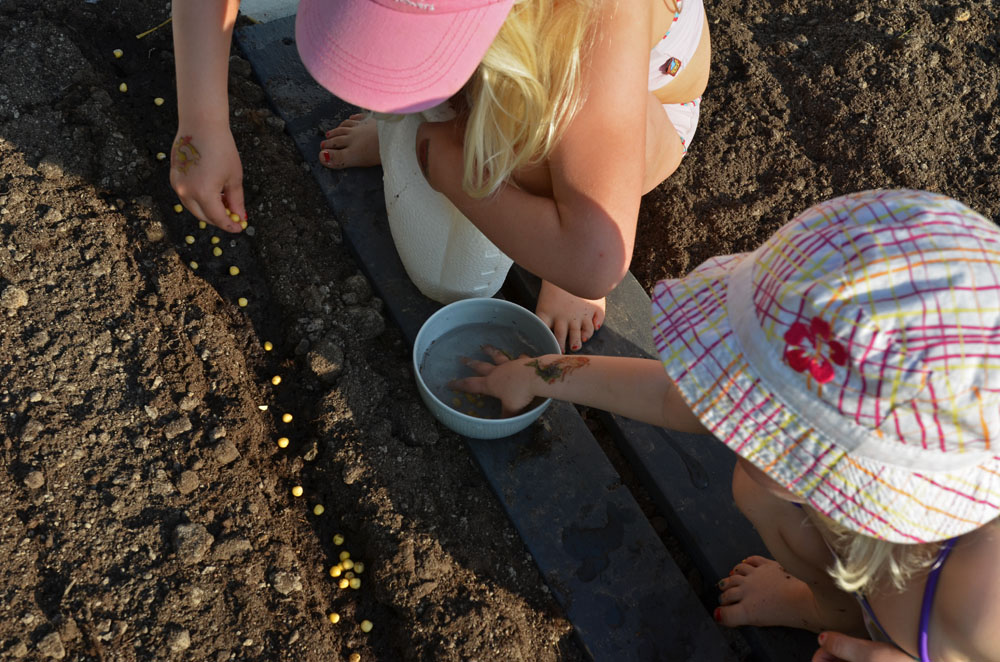
When I was watering our new boat garden I thought about happiness and wellbeing; how I’ve noticed that happiness really is about balance.
We are not happy if we just be and do nothing. Neither we are happy if we do too much all the time. No extreme is good in the long run.
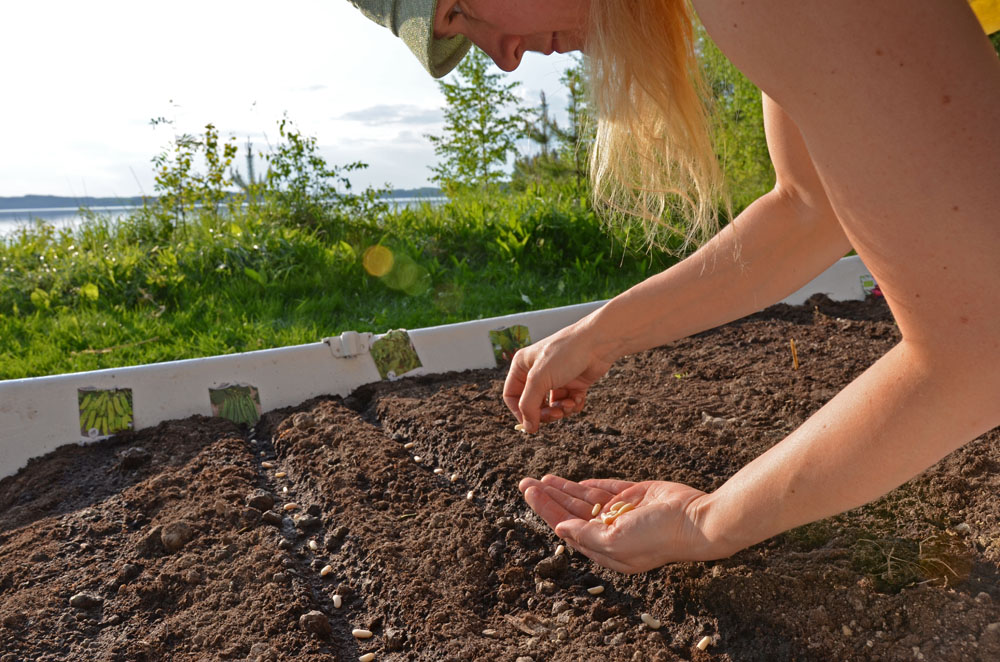
Like quote by Thomas Merton goes:
“Happiness is not a matter of intensity but of balance, order, rhythm and harmony.”
I agree with him. It really isn’t the quantity of life that makes us happy, it is the quality of life.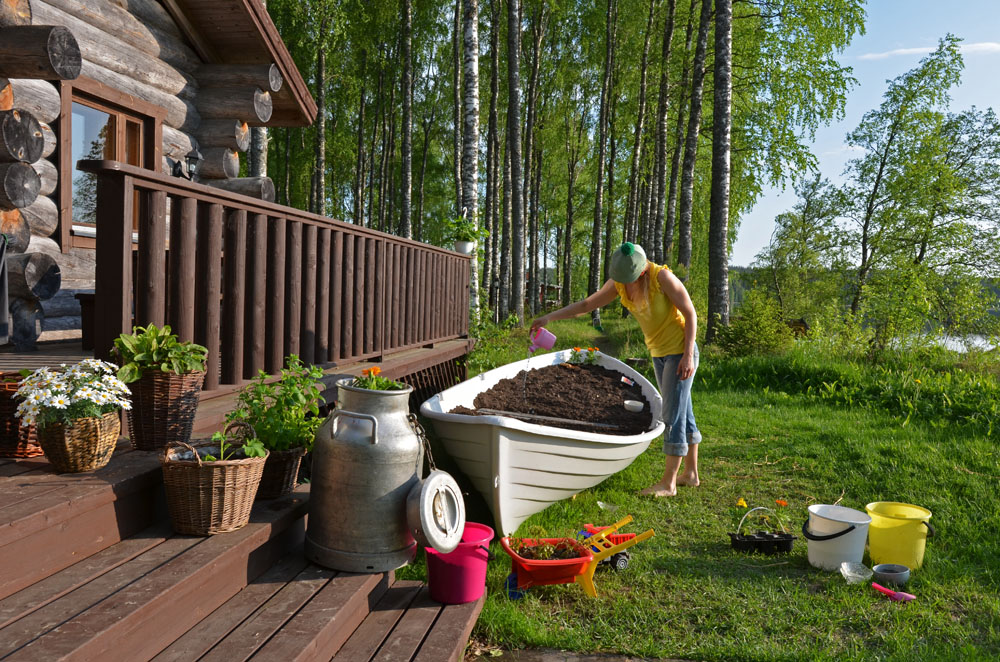
We have more possibilities to have an influence on the content of our free time than work.
That’s why, if you have a tendency to fill your free time too much, I recommend to start practicing doing less rather in the beginning of your holiday than a work week.
In practice you can for example start with this sentence:
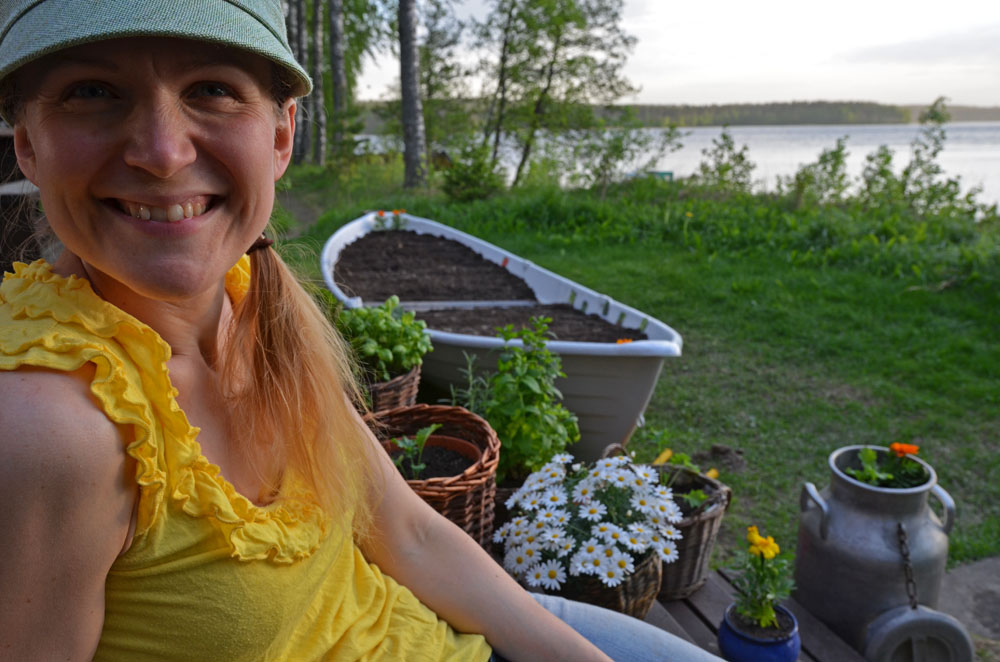
Do one thing at a time,
in your own rhythm and
take breaks between.
When your holiday ends, keep on following that rule.
